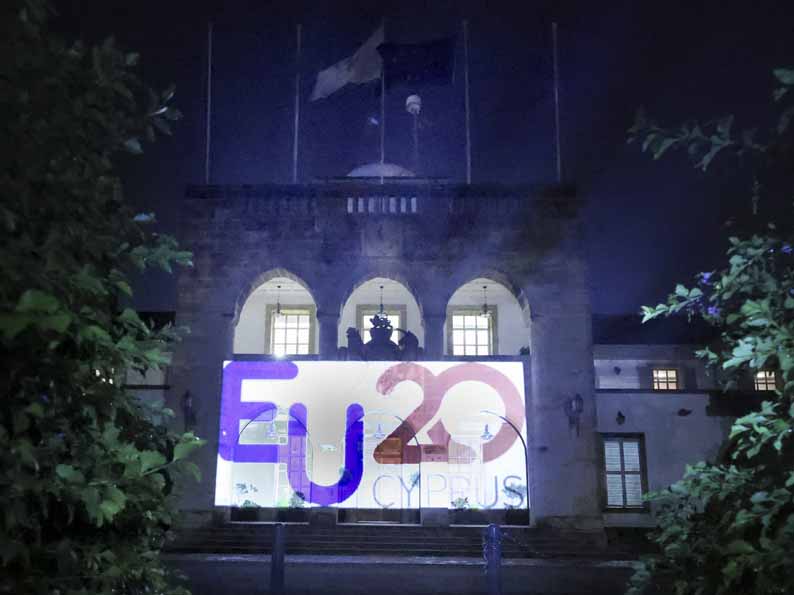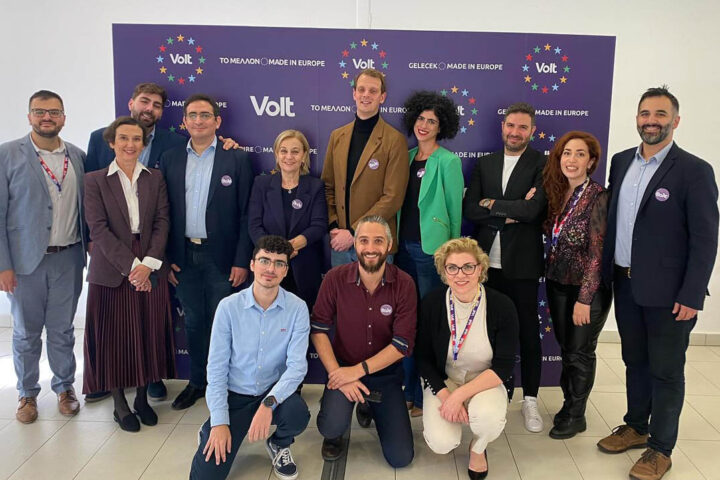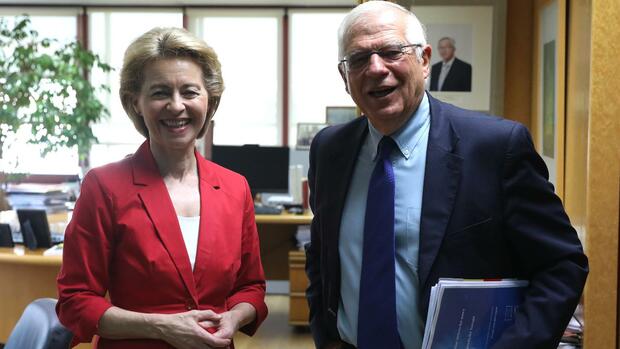It’s been 20 years since Cyprus joined the major eastward enlargement of the European Union, firmly becoming an integral part of the community that currently numbers 450 mln.
The country has benefitted tremendously from EU accession, although arrogance continued to prevail and lessons were not learnt, as was the case of the financial greed and ensuing banking collapse, with individuals and businesses still suffering from that fallout, even today.
Reforms were slow, some non-existent even, while the EU was often used as a scapegoat for ignorance, blaming Brussels for anything that could go wrong, despite it usually being due to human failure.
At the time, everyone was excited about getting closer to resolving the island’s division, with a momentum that soon fizzled out, leaving both Greek Cypriots and Turkish Cypriots with a bitter taste of what a reunited nation would look like.
Promises were not kept, truths were not said. Yet, the Republic of Cyprus continued to seek (unconvincingly so) a solution based on the bizonal, bicommunal federal system. The protracted ‘Cyprus problem’ gave in to fatigue, with European partners gradually losing interest.
The ‘Green Line trade agreement’ became a necessity, as the development of the occupied territories was a matter of time, with the return of refugees’ homes seeming farther by the day.
A bizarre outcome is the customs controls at all checkpoints, which are occasionally manned, and almost impossible to check if each crossing car has been filled up with cheaper petrol or mounted with lower cost tyres from the north. Yet customs officials only seek out those buying ‘illegal’ quantities of tobacco, usually in Pyla, with a fine slapped on the ‘offender’ and confiscating the cigarettes, never to be seen again. Not even in any official annual report.
And yet, there is no sign that clearly defines what is ‘taxable’ and what is not, for fear of converting this guidance into an official document, providing recognition to the occupied state in the north.
Halloumi has returned as a confidence building measure, with talk of allowing Turkish Cypriot production to secure PDO labelling, viable for exports, and sales to the Greek Cypriot market.
And then, the ‘golden passports’ became a major embarrassment, with EU leaders no longer looking at Cyprus as a jewel in the eastern Mediterranean or a trusted partner.
Complacency ruled for the most part of the last two decades, and only now are Cyprus politicians trying to rebuild a reputation as a trustworthy partner, equal among the 27.
It’s taken a while to get where we are today. Perhaps, we should speed up some things if we don’t want look back twenty years from now and say, “was it worth it?”
It was worth it, but we never capitalised on the good we gained.










